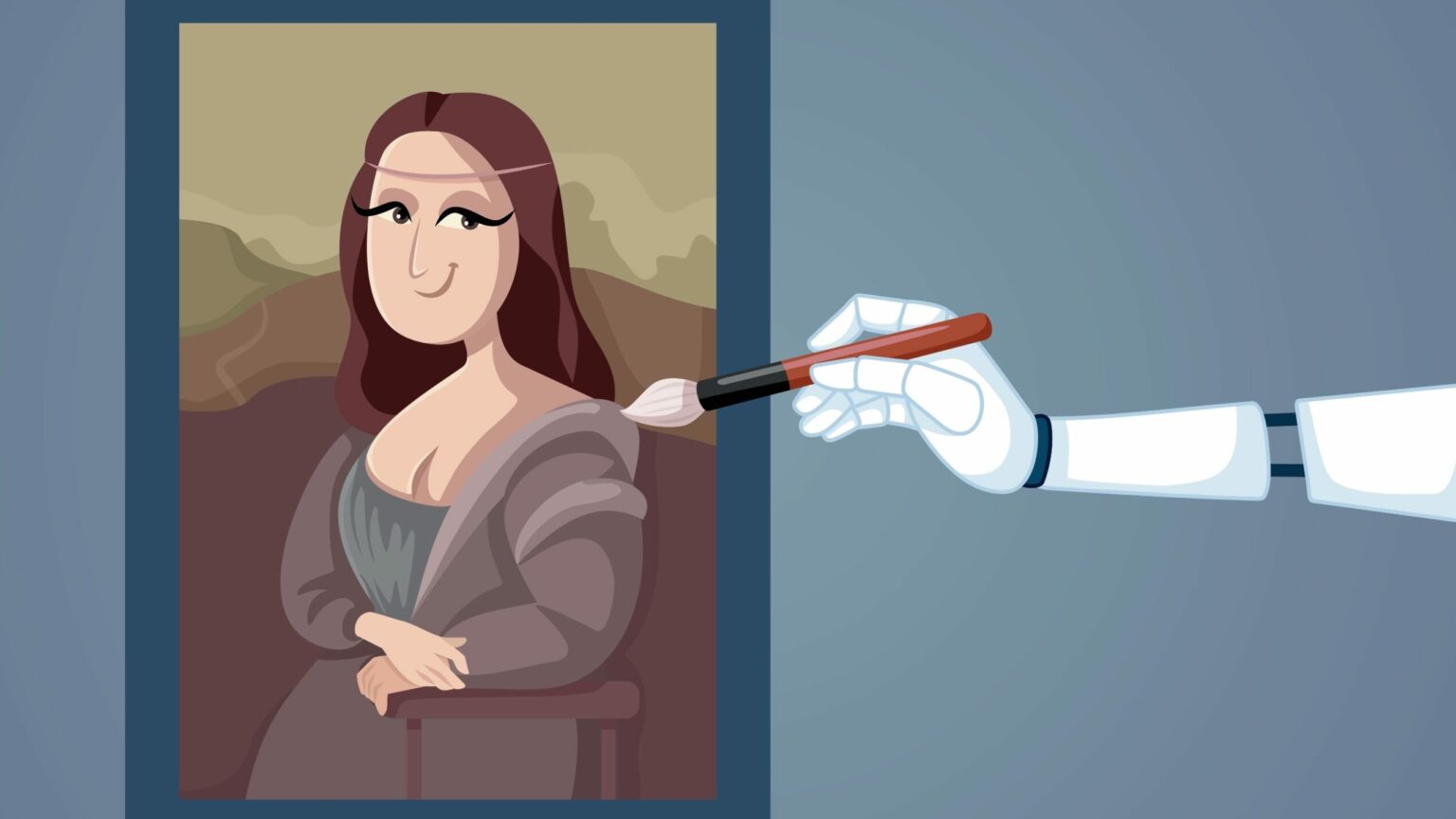In a landmark ruling, the U.S. Copyright Office has ruled that AI-generated images are not protected under copyright law. It comes after the author of “Zarya of the Dawn” applied for copyright protection for both text and illustrations in her comic book.
Citing a letter from the Copyright Office, Reuters said the text Kristina Kashtanova used in her book would, however, have intellectual property protection. The images in question were generated by Midjourney, an artificial-intelligence system.
Also read: Chatbot Forgeries Hit Sci-fi Publishers, Hundreds Banned
Of late, more and more people have resorted to using AI tools such as ChatGPT, Midjourney, and a host of others to create content in the form of text, videos, images.
OpenAI’s updated model of the GPT-3 family of AI-powered large language models, “text-davinci-003”, can handle much more complex instructions, produce longer-form content, create more rhyming poems and songs.
All these creations will not have any intellectual property protections going by this U.S Copyright Office ruling.
Copyright Office: Only human creations are ‘copyright-able’
Kashtanova initially sought copyright protection in September 2022, but did not reveal that the images in the work in question were created by an artificial intelligence image generator.
A.I. assisted comic book (issue #1) I made, the copyright in the U.S. is still in force and we're waiting for the Copyright Office to make a decision if I can keep it, if it was a substantial human input. I'll keep you updated when I hear from them. More pages in the thread. pic.twitter.com/7oAuEFl9ME
— Kris Kashtanova (@icreatelife) January 22, 2023
The U.S. Copyright Office only became aware of the fact that the images in her book were created by the AI tool after the registration was granted. It then walked back on its decision after stumbling upon her social media posts that suggested these were not original creations.
“We conclude that Ms. Kashtanova is the author of the Work’s text as well as the selection, coordination, and arrangement of the Work’s written and visual elements,” the Office said, in a letter published online by Reuters.
“That authorship is protected by copyright. However … the images in the Work that were generated by the Midjourney technology are not the product of human authorship.”
“Because the current registration for the Work does not disclaim its Midjourney-generated content, we intend to cancel the original certificate issued to Ms. Kashtanova and issue a new one covering only the expressive material that she created,” it added.
According to the letter, only works “created by humans can obtain copyright protection.” To back up its decision, the Office cited instances where animals have accidentally taken photos, or where people claimed their photos were spiritually-inspired, which could not be copyrighted.
Kashtanova disappointed
Kashtanova spiritedly argued on Twitter that her prompts into the AI amounted to some sort of creation and authorship, a claim the Copyright Office rejected.
“I was disappointed in one aspect of the decision. The Copyright Office didn’t agree to recognize my copyright of the individual images. I think that they didn’t understand some of the technology so it led to a wrong decision,” she wrote.
“It is fundamental to understand that the output of a Generative AI model depends directly on the creative input of the artist and is not random. My lawyers are looking at our options to further explain to the Copyright Office how individual images.”
The U.S. agency dismissed Kashtanova’s concerns. It said “a person who provides text prompts to Midjourney does not ‘actually form’ the generated images and is not the ‘master mind’ behind them. […] The information in the prompt may ‘influence’ generated image, but prompt text does not dictate a specific result.”
Ruling a test for AI tech
Image creation programs such as Midjourney and Stable Diffusion use deep-learning image synthesis model that can create new images from text descriptions and can run on a Windows or Linux PC, on a Mac, or in the cloud on rented computer hardware.
Such program’s neural network have with the help of intensive learning mastered to associate words and the general statistical association between the positions of pixels in images.
The judgment could influence the outcome of cases in U.S courts over how such images are generated on a technical level. For instance, Getty Images has taken legal action against the company behind the popular Stable Diffusion AI art generator.
In court filings, Getty Images claims its patented works bearing its watermark often shows up in the AI-generated images. Getty Images says this is proof Stability AI used its copyrighted images to train its AI models for Stable Diffusion.









 and then
and then